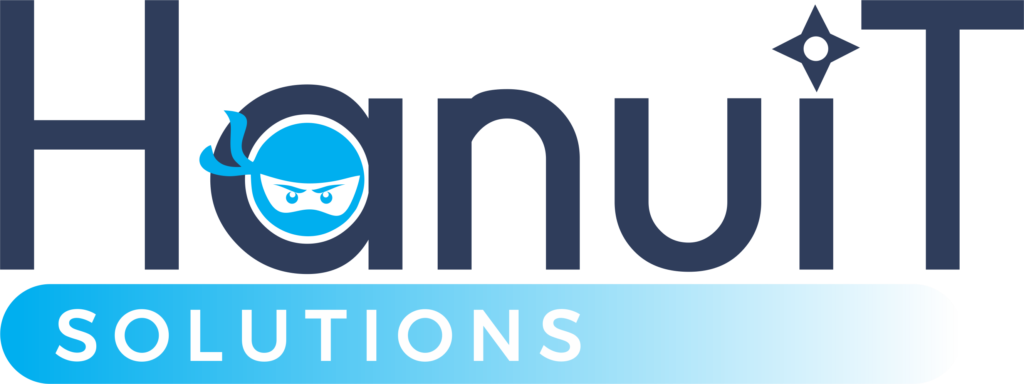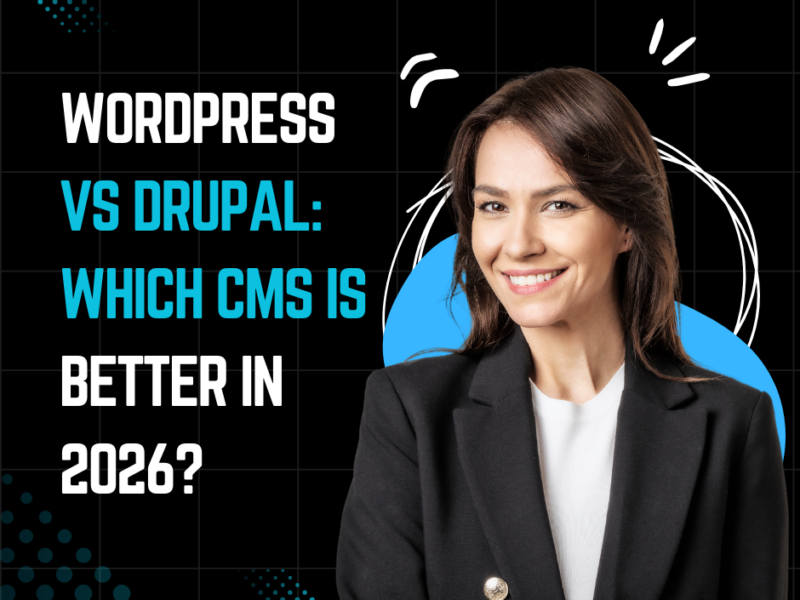Web Development Frameworks:-
In the world of Best Top 8 Web Development Frameworks, choosing the right framework can significantly impact the success of your project. Below are the top 8 web development frameworks widely is acclaimed for their efficiency, scalability, and robustness.

Best Top 8 Web Development Frameworks:-
1.React js:
React.js, developed by Facebook, is a JavaScript library for building user interfaces. It allows developers to create reusable UI components and efficiently update the UI when data changes.
React follows a component-based architecture, enabling developers to build complex UIs by composing small and isolated components. It uses a virtual DOM for efficient rendering and supports server-side rendering for better SEO.
Q: Is React.js suitable for building large-scale applications?
A: Yes, React.js is commonly used for building large-scale and applications due to its component-based architecture and performance is optimizations.
2.Angular:
Angular, developed by Google, is a TypeScript-based web application framework. It is used for building dynamic and single-page web applications (SPAs) and supports the MVC (Model-View-Controller) architecture.
Angular provides a comprehensive solution with features like two-way data binding, dependency injection, and modular development. It offers tools for routing, forms, HTTP client, and testing, making it suitable for enterprise-level applications.
Q: What is the difference between AngularJS and Angular?
A: AngularJS (Angular 1.x) is an older version based on JavaScript, while Angular (Angular 2 and above) is a complete rewrite in TypeScript with significant architectural changes.
3.Vue js:
Vue.js is a progressive JavaScript framework for building user interfaces. It is known for its simplicity and flexibility, allowing developers to incrementally adopt its features.
Vue.js provides a reactive and composable view layer with a simple and intuitive API. It offers features like components, directives, and state management, making it easy to integrate with existing projects or use alongside other libraries.
Q: Is Vue.js suitable for building large-scale applications?
A: Yes, Vue.js is suitable for building large-scale applications and is often chosen for its simplicity, performance, and ecosystem of tools and libraries.
4.Express js:
Express.js is a minimalist web application framework for Node.js. It is designed for building web applications and APIs and is known for its simplicity and flexibility.
Express.js provides a robust set of features for web and mobile applications, including middleware support, routing, templating engines, and database integration. It is highly extensible and widely used in the Node.js ecosystem.
Q: Is Express.js suitable for building real-time applications?
A: Yes, Express.js can be used to build real-time applications by integrating with libraries like Socket.io for WebSocket support.
5.Django:
Django is a high-level Python web framework that encourages rapid development and clean, pragmatic design. It follows the “batteries-included” philosophy, providing everything needed to build web applications.
Django includes features like an ORM (Object-Relational Mapping) for database interaction, a built-in admin interface, authentication, and URL routing. It emphasizes DRY (Don’t Repeat Yourself) principles and convention over configuration.
Q: Is Django suitable for building RESTful APIs?
A: Yes, Django provides built-in support for building RESTful APIs through its Django REST Framework, making it a popular choice for API development.
6.Ruby on Rails:
Ruby on Rails (Rails) is a web application framework written in Ruby. It follows the convention over configuration principle and aims to maximize developer productivity by minimizing repetitive tasks.
Rails includes features like MVC architecture, scaffolding, ActiveRecord ORM, and RESTful routing. It emphasizes convention over configuration, which reduces the need for manual configuration and boilerplate code.
Q: Is Ruby on Rails suitable for building scalable applications?
A: Yes, Ruby on Rails is suitable for building scalable applications and has been used to build high-traffic websites like GitHub, Shopify, and Airbnb.
7.Laravel:
Laravel is a PHP web application framework known for its elegant syntax and expressive API. It aims to make web development enjoyable by providing an intuitive and developer-friendly environment.
Laravel includes features like routing, middleware, ORM (Eloquent), authentication, and templating engine (Blade). It promotes modern PHP practices like dependency injection, inversion of control, and modular packaging.
Q: Is Laravel suitable for building RESTful APIs?
A: Yes, Laravel provides built-in support for building RESTful APIs through its routing and controller features, along with packages like Laravel Passport for API authentication.
Also read what is local seo and how we can improve it
8.ASP.NET Core:
ASP.NET Core is a cross-platform, open-source web framework developed by Microsoft. It is a modern and modular framework for building cloud-based, internet-connected applications.
ASP.NET Core includes features like MVC architecture, middleware pipeline, dependency injection, and built-in support for authentication and authorization. It supports cross-platform development and can run on Windows, Linux, and macOS.
Q: Is ASP.NET Core suitable for microservices architecture?
A: Yes, ASP.NET Core is suitable for building microservices or architecture and can be deployed as Docker containers or deployed to cloud platforms like Azure.
Conclusion:
Choosing the right web development framework depends on various factors such as project requirements, team expertise, scalability needs, and ecosystem support. The frameworks mentioned above offer a diverse range of features and capabilities to cater to different development needs, ensuring developers can build robust, scalable, and maintainable web applications effectively. Whether you’re working with JavaScript, TypeScript, Python, PHP, or C#, there’s a framework tailored to suit your requirements and preferences.








